A World Built for Difference
Ksenia Golubeva
CBDO and co-founder of AutiHD, advancing AI-powered neurodiversity support.
Every now and then, you meet a founder whose mission feels less like a business plan and more like a calling. That's Ksenia Golubeva. After years of navigating the corporate innovation world, she pivoted toward a challenge that felt profoundly more human. What struck me about our conversation was her deep-seated belief that the world doesn't need to 'fix' neurodivergent people, but rather, it needs to fix itself. In this interview, you'll discover how a student journalism project from 15 years ago planted a seed that would eventually grow into a tech company aimed at reshaping our understanding of talent and potential. Ksenia is building more than an app; she's building a case for a more flexible, inclusive, and ultimately, more human world.
You spent over a decade in corporate innovation, witnessing thousands of startups. What was the catalyst that made you shift gears so dramatically and co-found a company focused on something as personal as neurodiversity?
Can you trace the roots of this personal commitment? Was there a specific moment or story that opened your eyes to the gap in support for neurodivergent adults?
You mentioned the initial idea was shaped by conversations. How does this 'people-first' approach continue to influence AutiHD's strategy and product development today?

Given this deep personal connection to the mission, what is the fundamental belief about talent and society that you're trying to embed into the DNA of your company?
In building a solution for a group as diverse as 'neurodivergent adults,' what was the most significant learning that forced you to rethink your initial product assumptions?
You describe your app, Mindory, as an AI-powered companion. Can you break down how AI actually works to provide that personalized, adaptive support without being intrusive?
How are you making this technology accessible? Could you walk me through the business model and who is ultimately paying for the service?
With users on board, what early signals are you seeing that tell you you're on the right track, and how is that data shaping your immediate priorities?

Looking beyond the current iOS app, what does the future of the Mindory platform look like, and which user challenges are you most excited to tackle next?
You've chosen Luxembourg as your launchpad. What makes it the ideal ecosystem to begin scaling a solution like AutiHD, and how does it fit into your larger European strategy?
Scaling in HealthTech often hinges on reimbursement. What is your strategy for getting Mindory covered by insurance systems, and how are you positioning the product from a regulatory perspective?
Beyond reimbursement, you also work directly with companies. What does that engagement look like, and how do you help employers build more inclusive environments?

Ultimately, technology is a tool, not the entire solution. Based on your experience, what are the most critical systemic changes society needs to make to truly support neurodivergent adults?
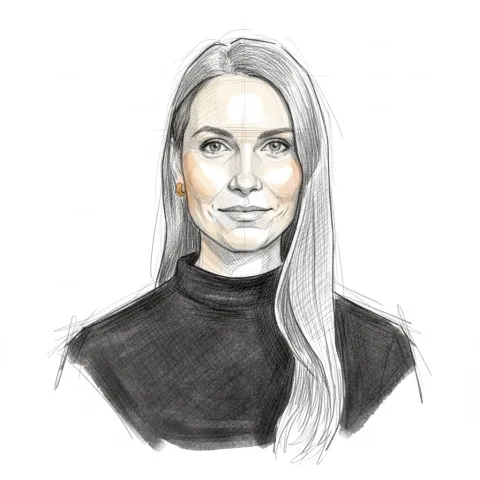
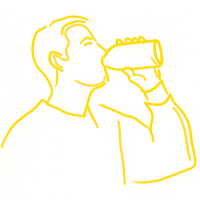
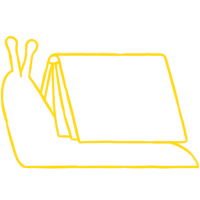
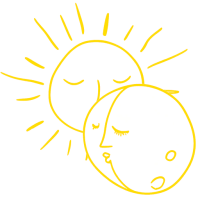

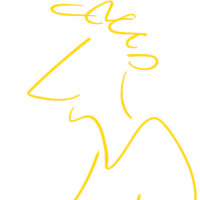



Share moment
Choose where you'd like to share this interview moment: